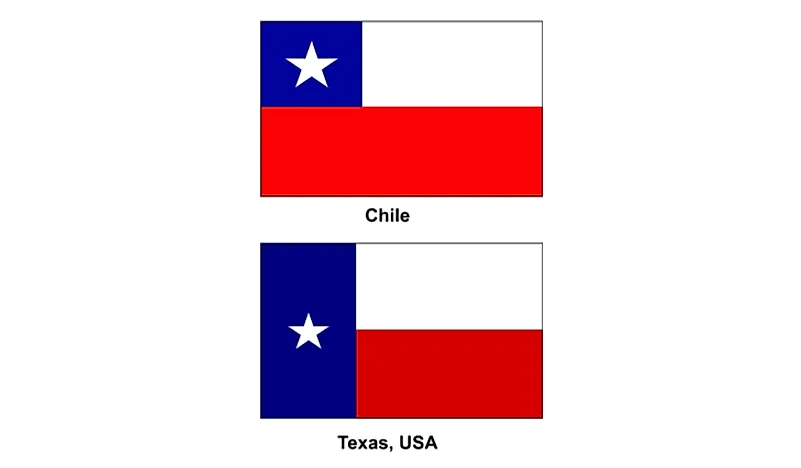Switzerland has four national languages; Swiss German, Swiss French, Swiss Italian, and Romansh in descending order of the number of speakers. This language diversity is because of geographical positioning and previous massive immigration of residents from other countries who remain non-naturalized because they have at least a family member who is not a Swiss native. Another reason is that Switzerland has four distinct languages and cultures within its four regions. Natural features like mountains and rivers separate these languages and cultures. However, in regional structures like schools, commerce, and government, only one or two languages are in use. People living in the north, central and eastern Switzerland use German, those in the west use French, those in the south use Italian while those in the southeastern use Romansh. There are few bilingual cities and villages.
As of 2015, 63% of the Swiss spoke German, a majority both as a mother tongue and official language. French had 22.7% speakers while Italian had 8.4% of the total number of speakers. Romansch had a mere 0.6% speakers. The majority of German speakers live in Zurich, Bern, Basel, Lucerne, and Winterthur respectively among other cities. French speakers mainly live in Geneva and Lausanne and a considerable German-French Bilinguals live in Biel and Freiburg.
Though the four official languages are international, their use varies in Switzerland and in some cases, also have developed sub-dialects. Swiss German, also known as Schwyzerdütsch or Dialekt has different dialects and phrases from the German language, especially day to day phrases that visitors need. For example, in Züridüütsch (Zürich German), the phrase “guet merci” is a Swiss-German word for “fine thank you” although merci is French. Swiss-German vowels also have a German-Latin feel when pronounced. Importantly, to impress a Swiss person, one can simply say chuchichäschtli (kitchen cupboard) or chäs-chüechli (cheese cake). On pronunciation, ch sounds like German word ach giving a sh-sound. These two words are unofficial national treasures. When walking, it is always polite to say Grüezi to people. Swiss French is very close to the French spoken in France and therefore phrases like Salut or Bonjour will go a long way.
Other languages include Spanish, Serbo-Croatian, Portuguese, Turkish, Albanese together with few other Scandinavian, Slavonian, Asian and African languages. Though English is not an official language, almost every school teaches it and is also widely used by tourists and some foreigners. Of the minor languages, Serbo-Croatian, Albanian, and Portuguese are mostly mother tongues.
This page was last modified on May 1st, 2018
More on Graphicmaps

Published on 2019-11-06
What is a Trade Embargo?

Published on 2019-11-04
Which Two Countries Used to Have the Same Flag?

Published on 2019-09-16
What Is the Only Two-Sided State Flag?

Published on 2019-09-16
Which Country Flag Looks Like the Texas Flag?

Published on 2019-08-29
Flags That Resemble the US Flag

Published on 2019-08-20
